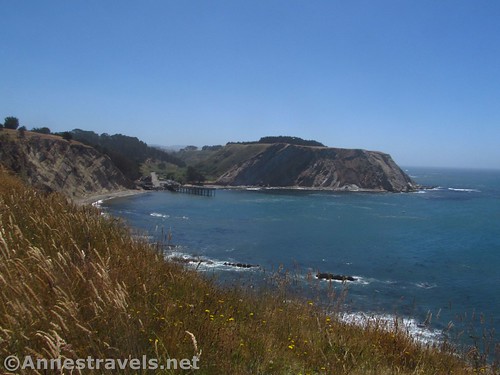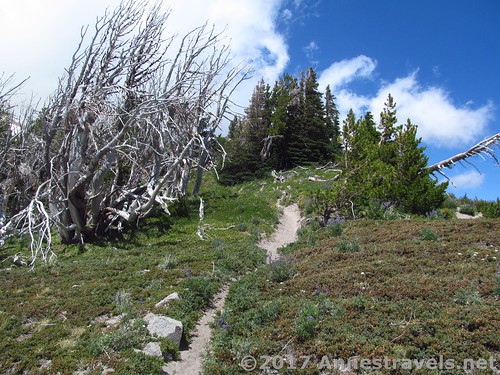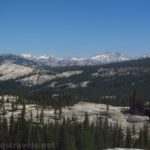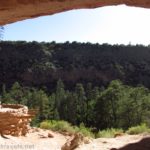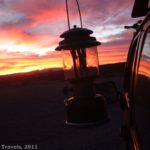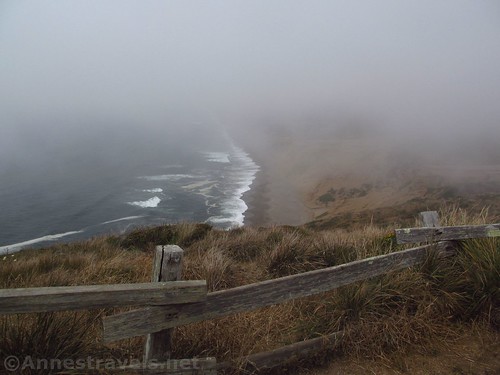
Misty views at Point Reyes National Seashore, California
As I talked about last week, part of the reason God brings us into the wilderness is to help us still our hearts of all the distractions around us. There is a beauty in a still heart to God.
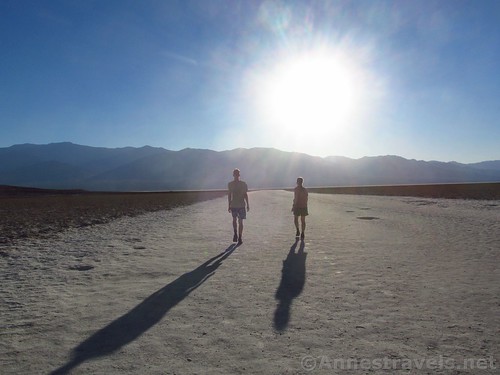
Badwater Flats in Death Valley National Park, California
Peter said in his first letter, “…a gentle quiet spirit…is of great worth in God’s sight.” Isaiah, too, found this to be true: “In repentance and rest is your salvation, in quietness and trust is your strength.” (Isaiah 30:15).
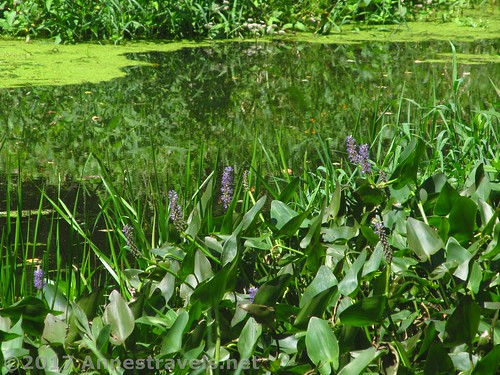
Mill pond at Cooper Mill, Chester, New Jersey
God loves a stilled and quiet heart. It’s a heart He can move within, a place He can inhabit, a place where His redemption and salvation can be manifested.
So God takes us out into the wilderness to help us still our hearts, to bring them into rest and peace. But in the aftermath, we need to keep the stillness and peace alive – to not be swallowed again by the raging busyness and distractions that surround us.
It’s not something that we can do in our own strength. We might be able to will ourselves, “I’m not going to get caught up in this!” but we will find ourselves so stressed out by not being stressed that we end up stressed.
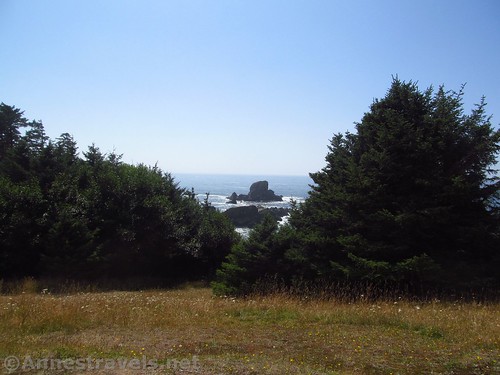
Ecola Point, Oregon
Rest is a quality of God. On the seventh day, God rested from all the creating He had done (Genesis 2:2-3). God works, but He also rests. Sometimes the Old Covenant temple was referred to as the “resting place of God”.
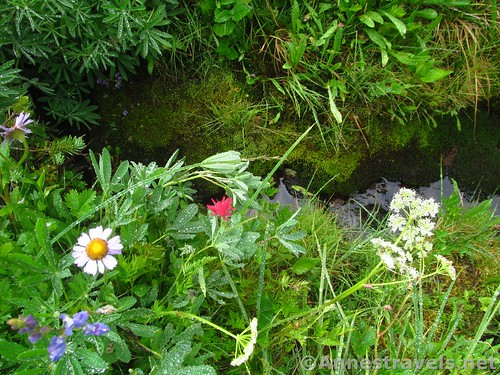
Little stream along the trail to McNeil Point, Oregon
God is the giver of true rest. Psalm 62 says twice, “Yes, my soul, find rest in God; my hope comes from him” (Psalm 62:1, 5). The wilderness is a place of learning to allow our hearts to be still and rest before Him. After the first step of the learning, most of us will have to return back to normal life. In the normal life, we can continue to still our hearts before Him, and by His power not get caught up in the distractions.
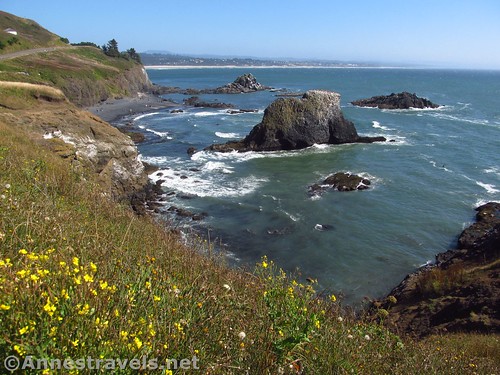
Sea stacks at Yaquina Head, Oregon
It can be a learning curve. But you can’t live in the experience of something you’ve never experienced. So once we have experienced the rest and stillness, we have access to that stillness of heart all the time, inside and outside of the wilderness.

